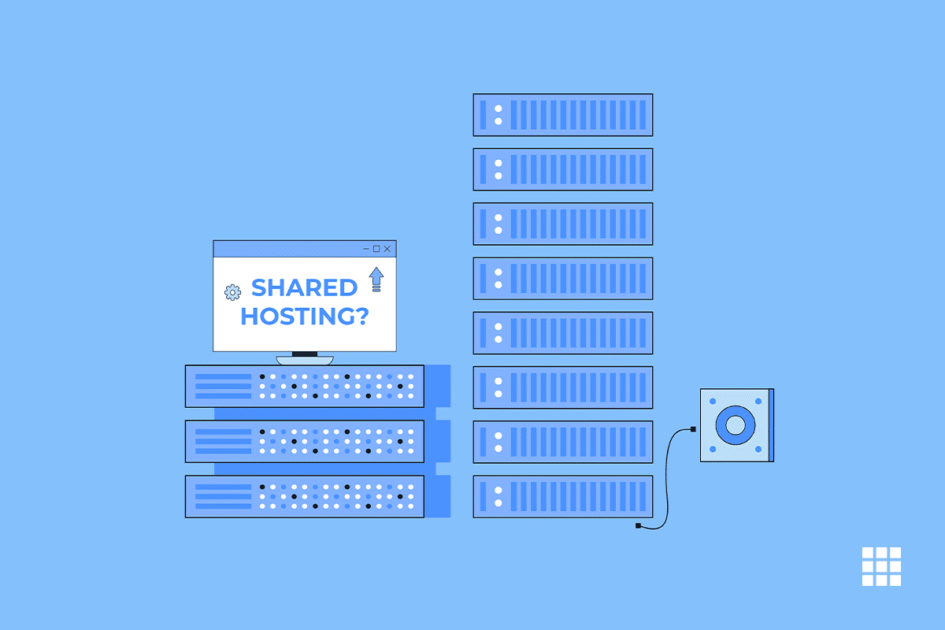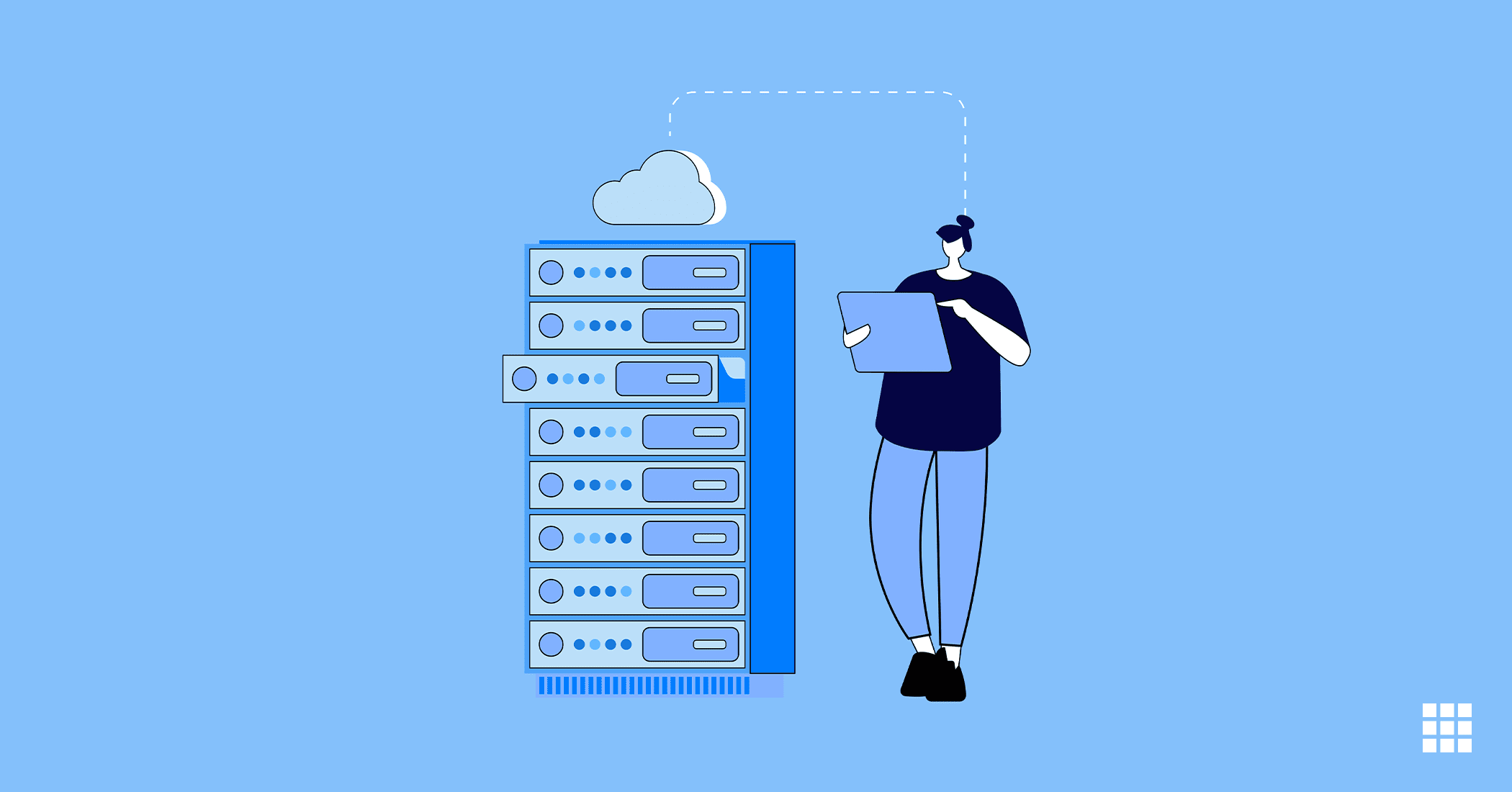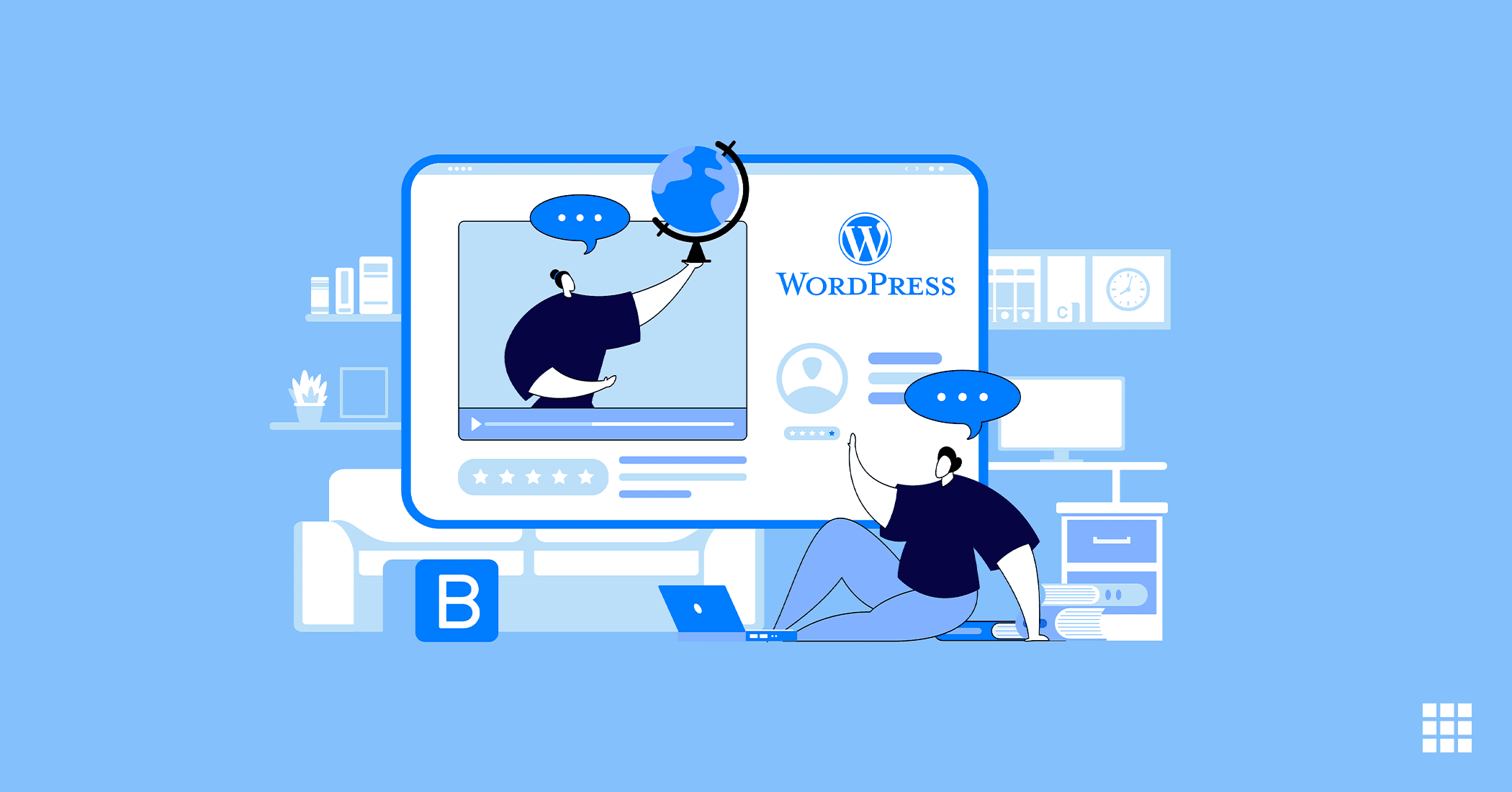The standard rule of thumb is that something hosted on the net can (and will) be hacked. Internal sources also can be hacked or exposed. Anyone with an Internet connection can get the right of entry to publicly hosted packages and are at more threat of being taken benefit of. All packages have as a minimum one safety hole, if now no longer simply one, that may be exploited and used to scouse borrow information or set up malware on servers.
Shared web website hosting has a brought threat, as loads of websites hosted on one server grow the threat of being compromised. WordPress is regularly set up on shared hosting websites, making the server a goal for scanning and exploiting vulnerabilities. The foremost distinction between VPS, Dedicated Server, and Shared Hosting is the way you host your website. If a hacker receives right into a VPS or committed server, the vulnerability is not likely to have an effect on different customers. For example, if an attacker uploads malware to a VPS or committed server, the simplest websites hosted at the VPS or committed server might be affected. In a shared web website hosting environment, websites proportion server sources. The identical malware can have an effect on an unmarried server and loads of purchaser websites hosted at the server.
However, with shared hosting, one can mitigate the threats and safeguard security for the same if these steps are taken in advance. Here is your guide to shared hosting’s security.
- Choose your OS properly
The hardware (Operating System) used for shared web hosting has an overall impact on performance and security. Older versions that are not supported by the manufacturer risk unnecessary because fatal bugs are not fixed. CloudLinux OS Shared is optimized for servers hosting shared websites and controls CPU usage across the entire site. CloudLinux CageFS and LVE isolate each client site in a dedicated environment and allocate limited resources including CPU, community connections, and memory.
A new option is CloudLinux OS Solo, which one person can use to tune the operating system, including general performance monitoring and optimization tools.
- Control PHP execution
Allowing someone to add a script and run it can bring down your site and allow an attacker to elevate your privileges. Also, scripts (eg Perl, shell scripts, PHP, etc.) should have limited privileges, all user scripts should be carefully monitored, and few execute privileges should be granted. . Downloads do not have to be executable, including PHP, so any feature that allows clients to add documents should have a filter to block identifiable malicious scripts.
- Configuring directory permissions
If your shared hosting provider provides a list for their servers, they set the exact same permissions as the site owner. In order for authenticated clients to be able to better see parts of the site, the site owner must set the listing permissions correctly. Errors in individual permissions can detect malware, stolen information, or targets downloaded from the Internet.
- Choosing a reputable hosting provider
Ensuring that the hosting provider takes care of security, backup, speed, uptime, and 24/7 chat support is basic. But you need to ask that provider whether they understand other factors like DDoS, malware, virus attacks, etc. that can cause trouble when your website is functioning properly. This is a factor as important as choosing a good security service or tool for your shared hosting.
- Choosing the right security tools
The security solution can block many threats against shared hosting servers and their websites. For shared hosting administrators, a fantastic security solution allows administrators to proactively block and remove malware using malware scanning servers and toxic anti-malware technology. SiteLock and CodeGuard can be used as an advanced threat monitoring tool. They reduce administrative costs and protect customer data automatically.
Conclusion
In case you feel that shared hosting is compromised, then you are jumping to conclusions. Shared hosting is a safe bet and millions of people deploy it with a reliable hosting provider. It is just that like any other web hosting service, it needs to be taken care of and should be taken proper care of. We feel that we have given you some good starting points to secure or help you secure your shared hosting for the future. If you have any doubts pertaining to this article, please share the same with us.



Write A Comment